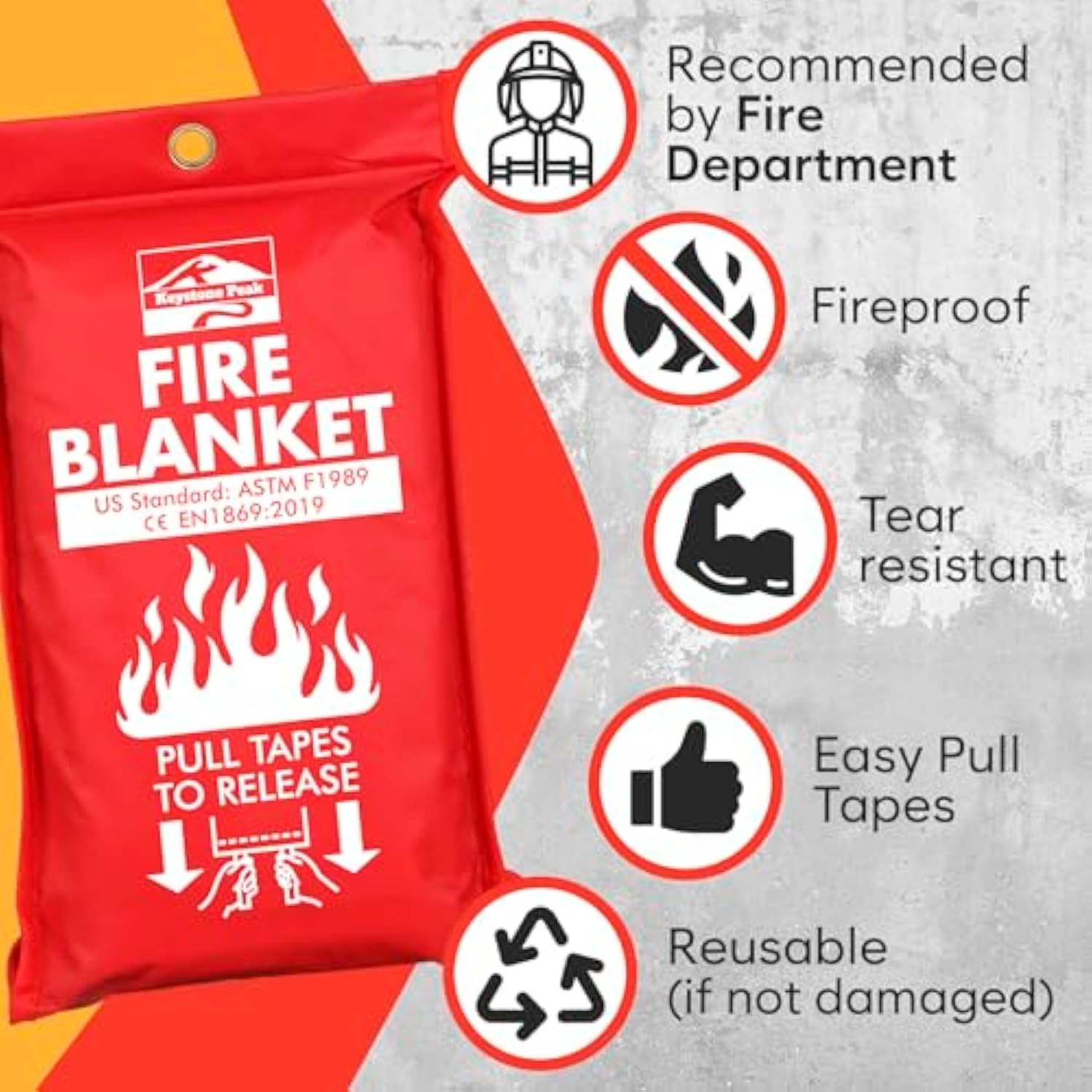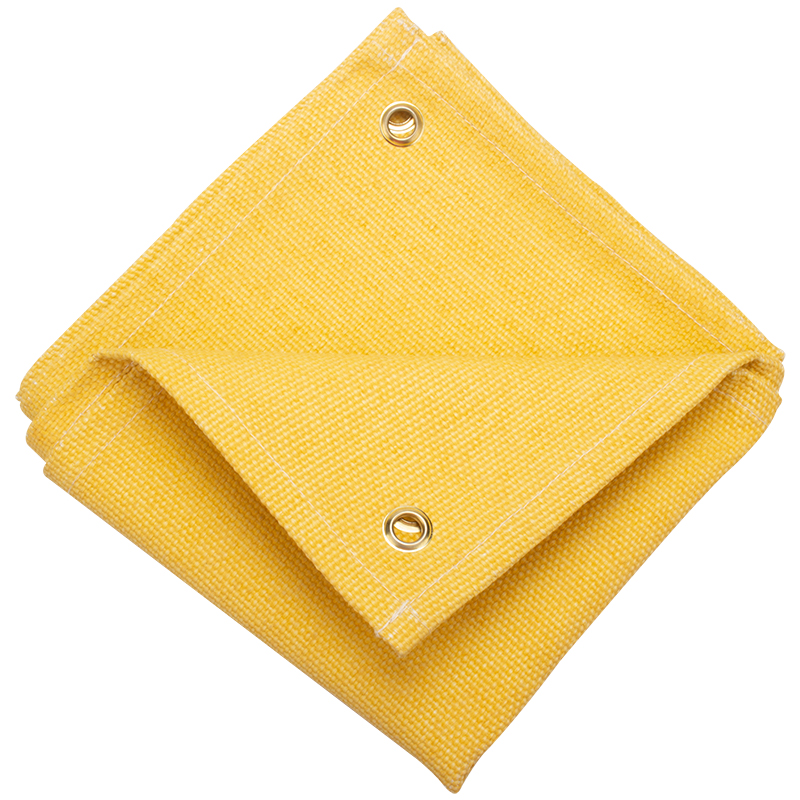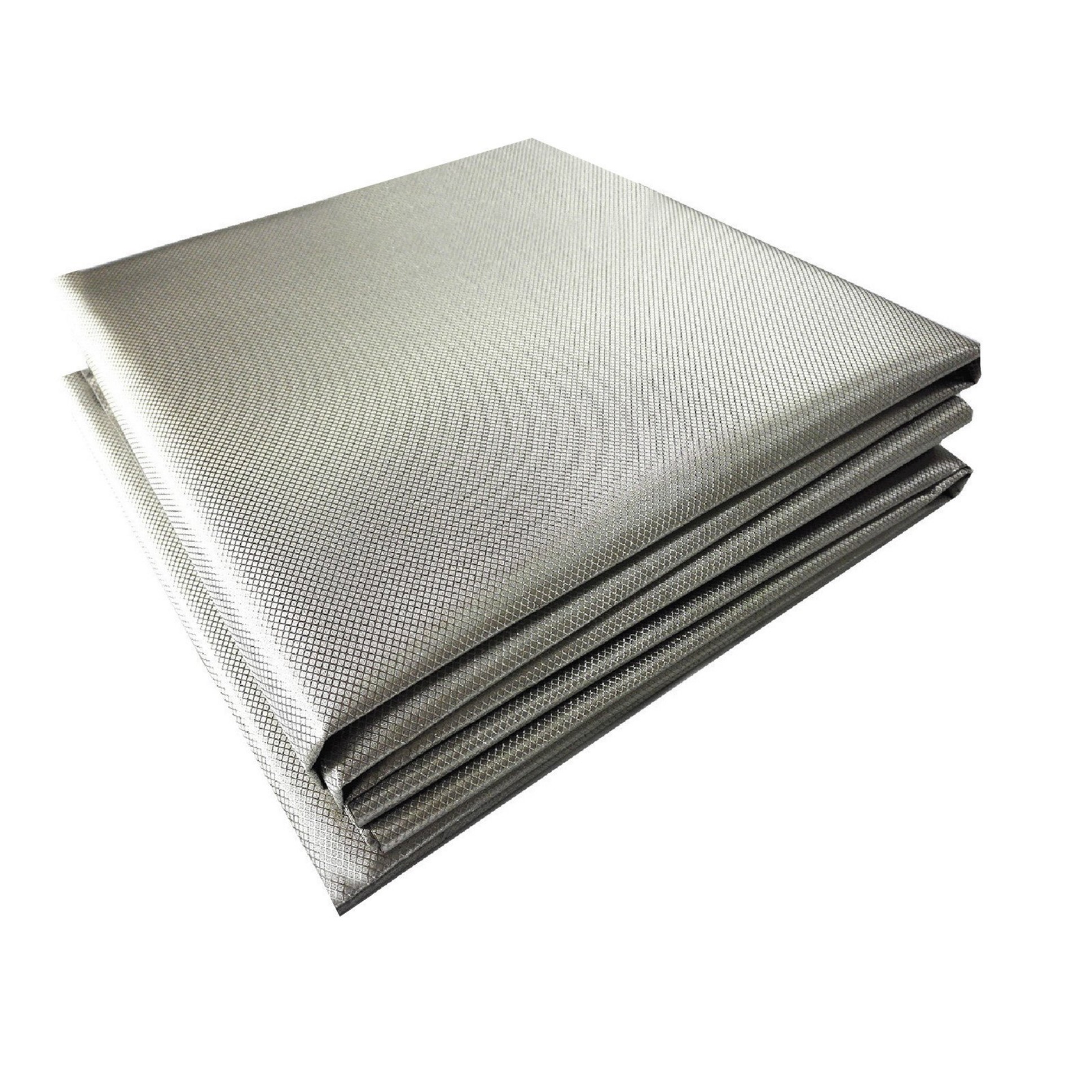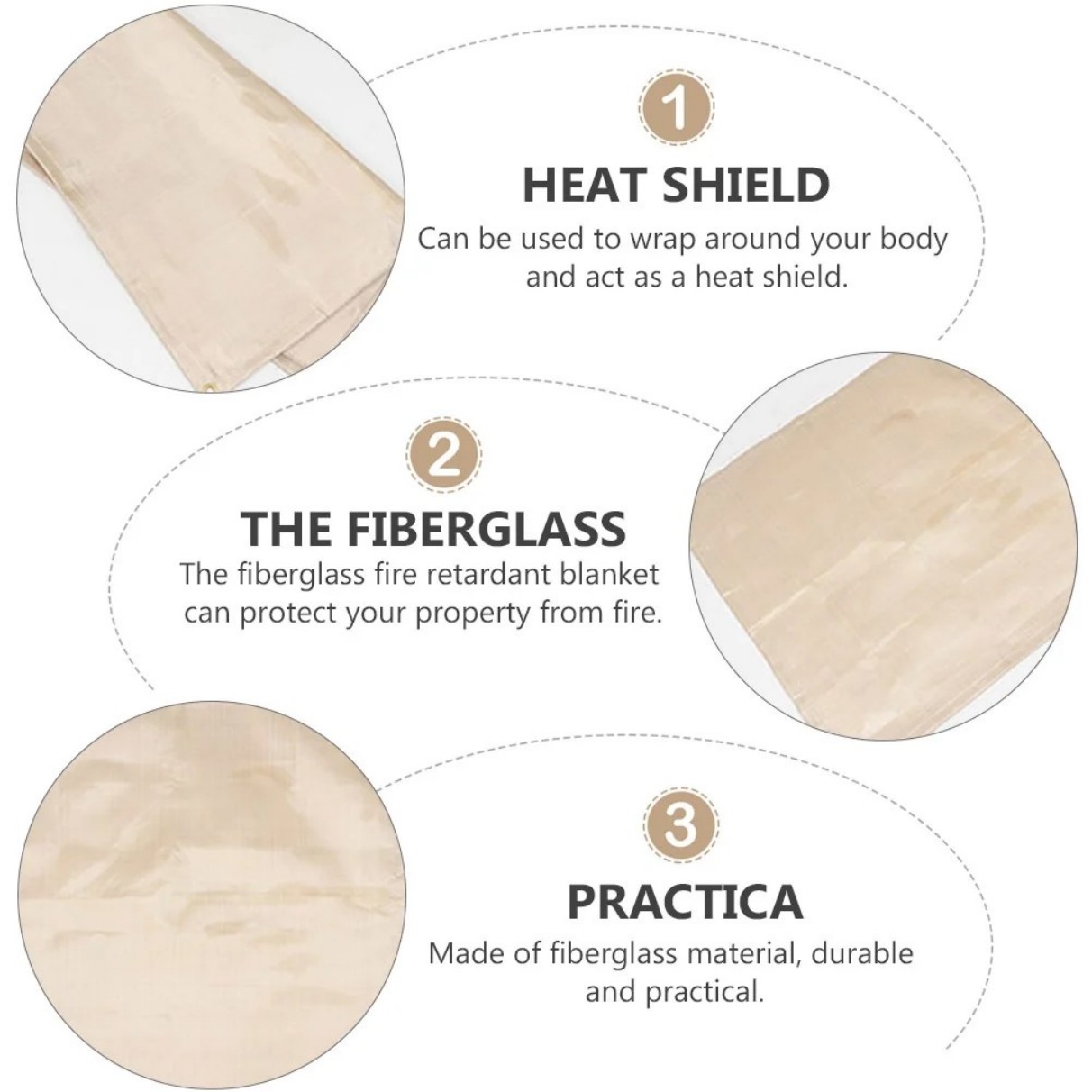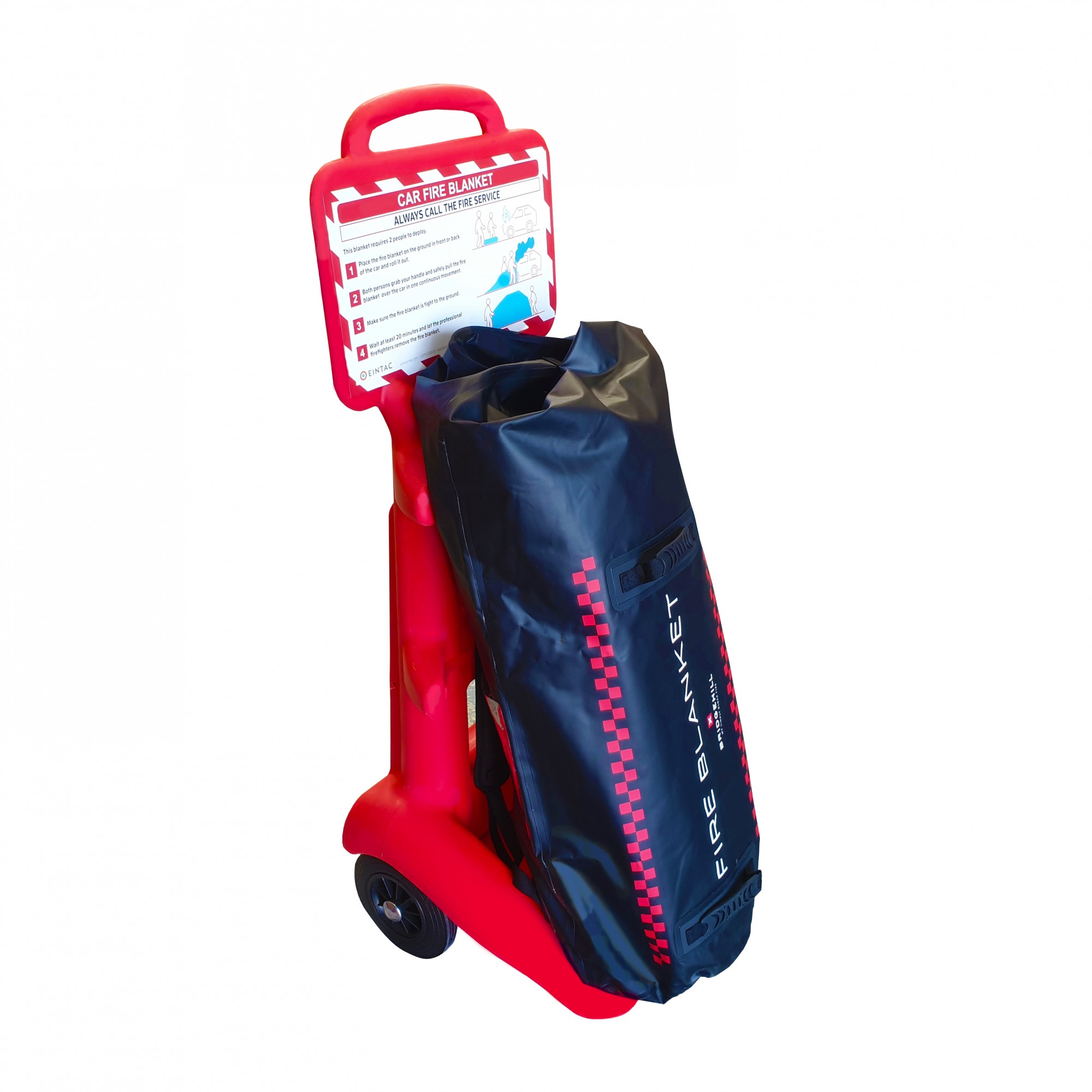Large Scale Fire Blankets: How They Work and When to Use Them
Summary:Large scale fire blankets smother fires by cutting off oxygen. They're ideal for industrial fires, wildfires, and emergency containment. This guide explains their materials, deployment methods, and proper usage scenarios.
What Is a Large Scale Fire Blanket?
When you need to control fires in industrial settings or open areas, a large scale fire blanket for extinguishing firesprovides an effective solution. Unlike small kitchen fire blankets (typically 1m×1m), these specialized covers range from 3m×3m to over 20m×20m, designed for professional firefighting applications.
Key Materials and Construction
Quality large fire blankets use:
- Fiberglass fabric (withstands 1000°C+)
- Silicone coatings for flexibility
- Fire-resistant stitching
- Reflective strips for visibility
The best models include weighted edges for better sealing and corrosion-resistant grommets for mechanical deployment systems.
How Large Fire Blankets Work
When you deploy a large scale fire blanket for extinguishing fires, it works through three mechanisms:
- Oxygen deprivation:Smothers flames by creating an airtight seal
- Heat containment:Reflects radiant heat back toward the fire
- Fuel isolation:Prevents flammable liquids from spreading
When to Use Large Fire Blankets
Consider these blankets for:
- Industrial accidents:Oil tank fires, chemical spills
- Wildfire control:Creating firebreaks
- Military applications:Aircraft crash sites
- Emergency preparedness:Power plants, refineries
They're particularly effective on Class B (liquid) and Class D (metal) fires where water would be dangerous.
Deployment Methods
You have three main options:
- Manual deployment:Teams unfold the blanket using corner handles
- Mechanical systems:Cranes or forklifts lower pre-rigged blankets
- Aerial deployment:Helicopters drop specialized wildfire blankets
Always approach from upwind and wear proper PPE when deploying any large scale fire blanket for extinguishing fires.
Maintenance and Storage
To ensure readiness:
- Store in dry, accessible locations
- Inspect monthly for tears or degradation
- Replace after any deployment (even if undamaged)
- Train staff quarterly on proper techniques
Limitations to Consider
While effective, large fire blankets:
- Require proper training to deploy safely
- Work best on contained, low-to-medium fires
- May need supplemental cooling for chemical fires
- Can't extinguish pressurized gas fires
Choosing the Right Blanket
When selecting a large scale fire blanket for extinguishing fires, consider:
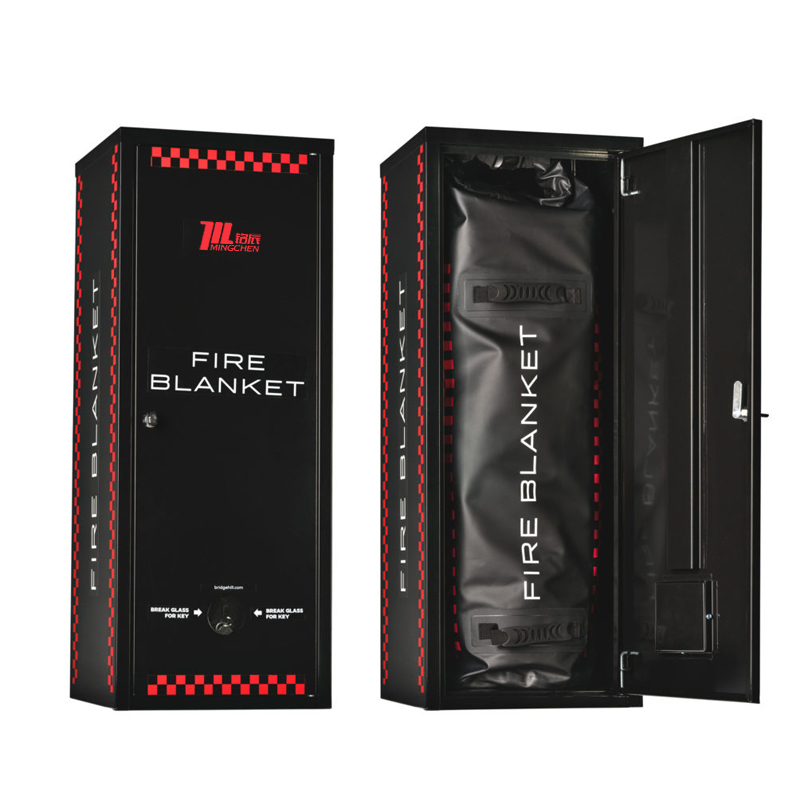
| Factor | Recommendation |
|---|---|
| Size | At least 1.5× the fire diameter |
| Material | Fiberglass with silicone coating |
| Certifications | EN 1869:1997 or equivalent |
| Deployment time | Under 90 seconds for emergency use |
Conclusion
A large scale fire blanket for extinguishing firesprovides a versatile, chemical-free fire suppression option. While not suitable for all scenarios, these specialized tools fill critical gaps in industrial and wildland firefighting. Proper selection, training, and maintenance ensure maximum effectiveness when seconds count.


